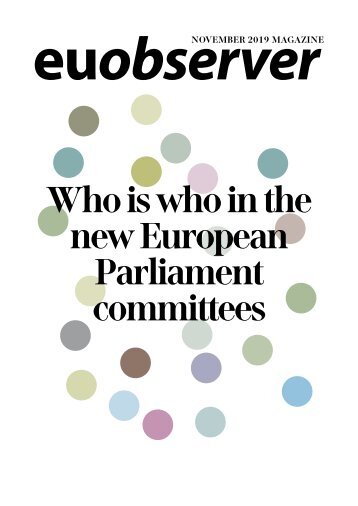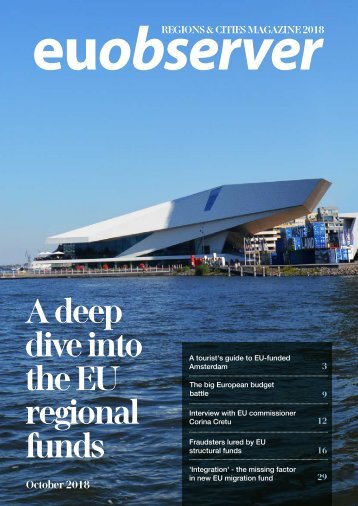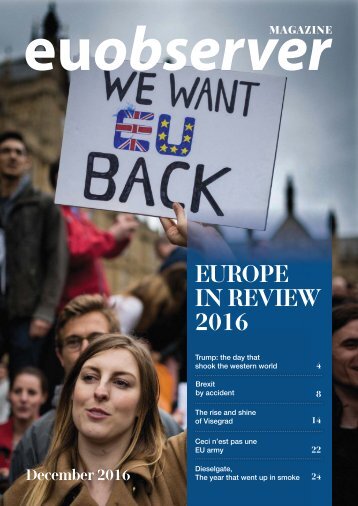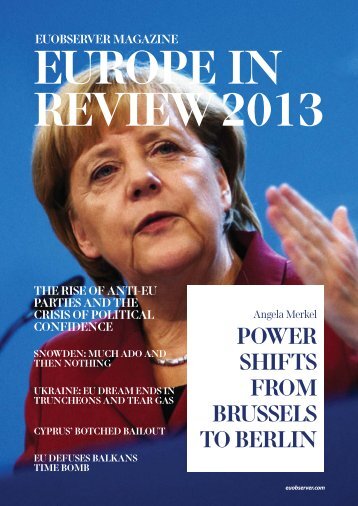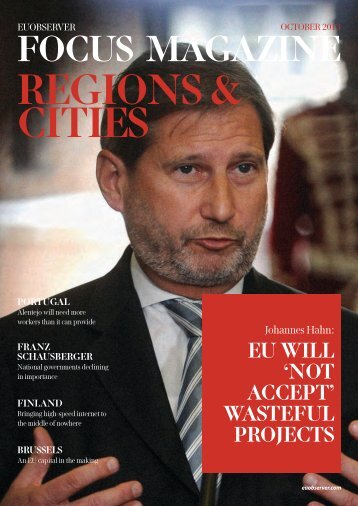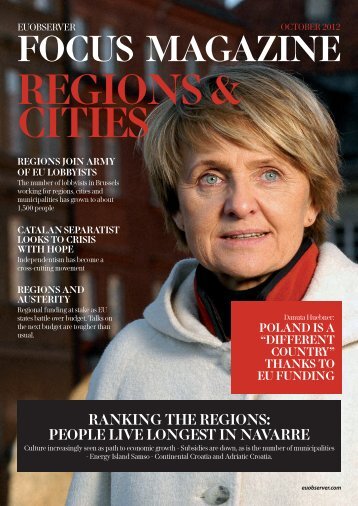Separatism: Making Europe stronger?
- Text
- Mir
- Efa
- Regions
- European
- Cities
- Regional
- Scotland
- Catalonia
- Economic
- Projects
- Referendum
- Scottish
London’s forgotten
London’s forgotten city siblings Will English cities gain new powers from a new UK devolution settlement? That is one question following the Scottish referendum. By:Benjamin Fox Will English cities gain new powers from a new UK devolution settlement? That is one question following the Scottish referendum. A popular line among independence campaigners was that Scotland had been getting poorer as its neighbours in the south got richer. That similar claims could also be made by England’s northern cities has thrust the idea of English devolution into the political mainstream. Across the rest of Europe, France is the only country whose economic fortunes are as tied to the success of its capital as the UK. In previous generations, England’s northern cities such as Manchester, Leeds, and Sheffield or Birmingham in the midlands, were industrial powerhouses. Now they are poorer in per capita terms than the country’s average, and have higher unemployment rates than the average. The financial crisis and subsequent recession also had a markedly different impact on London and the 12 REGIONS & CITIES 2014
est of the UK. Despite being the country’s financial services hub, employment in London actually increased, albeit by a mere 0.2 percent, between 2008 and 2010, compared to a 2.5 percent reduction across the UK. Elsewhere, 80 percent of the new private sector jobs created between 2010 and 2012 were in London, while the UK’s next nine largest cities accounted for just 10 percent of net private sector jobs created. For a country whose population is so heavily concentrated in its cities, this disparity seems hard to justify. In the north of England, less than 65 kilometres covers Manchester, Leeds, Sheffield, Liverpool and Bradford and around 10 million people. FROM WHITEHALL TO TOWN HALLS Researchers say that the answer is to beef up the powers of local authorities and regions and loosen the grip of central government. A report by the Institute for Public Policy Research (“Decentralising Decade”), identifies 40 different functions of government that it says should be devolved from London’s Whitehall to town halls. For example, local governments do not have powers to set local property or business tax rates and have little control over planning policy or local infrastructure projects. Most infrastructure projects are directed from Westminster. Business and political leaders at city and county level – including in London – argue that excessive centralisation is holding them back, particularly in promoting skills, infrastructure and economic development. But some are starting to realise that working together will make them stronger. In 2011 the 10 local councils covering the area in and around Manchester created a combined authority which took over transport and planning policy. UK POLITICS IN A STATE OF FLUX The crucial difference between the demands of regions and cities and those of Scotland and Wales is that they are demanding economic rather than political devolution. Tony Blair’s Labour government abandoned the idea of creating regional assemblies in the early 2000s because of low public support. Local government in the UK, particularly in England, has been gradually stripped of its powers over the past generation. It will take a decade to see the effects of any policy changes. But the Scottish referendum has thrown UK politics into a state of flux, creating an opportunity to reshape the relationship between its regions, cities and the centre. REGIONS & CITIES 2014 13
- Page 1 and 2: EUOBSERVER MAGAZINE OCTOBER 2014 RE
- Page 3 and 4: New EU regional aid rules have inbu
- Page 5 and 6: EU regional projects see ‘encoura
- Page 7 and 8: ALONIA BOOST EMENTS IN EUROPE are a
- Page 9 and 10: advertisement YES! Sí sí! Votarem
- Page 11: The police is investigating three m
- Page 15 and 16: GLASGOW: Ahead on Roma inclusion Gl
- Page 17 and 18: advertisement European climate act
- Page 19 and 20: Civil Guard to go to the “rebelli
Inappropriate
Loading...
Mail this publication
Loading...
Embed
Loading...





